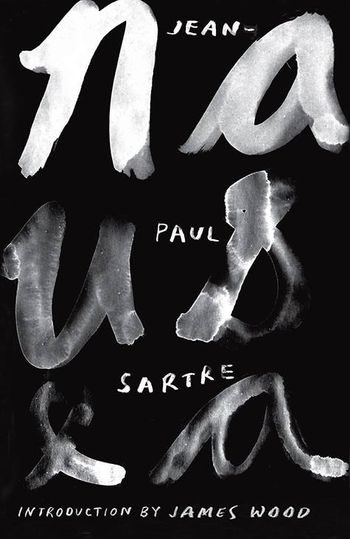James Wood
James Wood, the prominent critic, essayist, and novelist, is a professor at Harvard and a staff writer for The New Yorker. Born in Durham, England, he began his career at The Guardian and later became a senior editor at The New Republic. He currently serves on the editorial board of The London Review of Books and The Common in Cambridge, MA. His books include The Irresponsible Self: On Laughter and the Novel, How Fiction Works, and, most recently, The Fun Stuff: And Other Essays.

